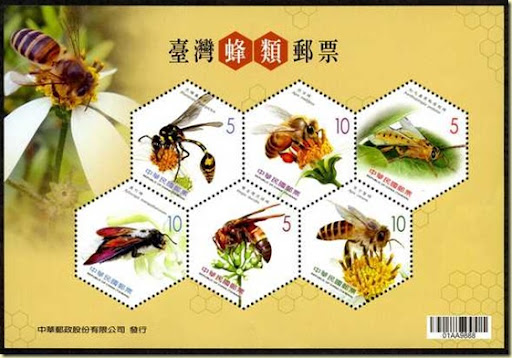EPA has denied an emergency citizen petition filed March 20 that aimed to ban clothianidin because of the "ongoing and imminent harm" the neonicotinoid seed treatment allegedly poses to bees and other pollinators. Responding on July 17 to the emergency petition, EPA Office of Pesticide Programs Director Steven Bradbury details the multiple way in which the agency believes the petition fails to meet the various statutory and scientific hurdles that would be required for EPA to begin cancellation proceedings for clothianidin, a "widespread and common" pesticide in a class of insecticides used on 90% of total corn acreage planted in the U.S., as Bradbury writes (attached). The beekeeping community is outraged and perplexed. According to the Apiary Inspectors of America, the unsustainable honeybee losses in the USA have reached 30-33 percent. However, according to the working beekeeping community, annual losses are well over 50 percent, with many operations experiencing up to 100 percent turnover.
Source: Agra-net, 20th July 2012
http://www.agra-net.com/portal2/ptcn/home.jsp?template=newsarticle&arti…
In a special series called The Neonicotinoid View, June Stoyer and beekeeper Tom Theobald discuss EPA's decision with Steve Ellis, secretary of the National Honeybee Advisory Board (NHAB). Mr. Ellis has been involved in pesticide issues for the past 15 years and has been a beekeeper for 32 years. Mr. Ellis has 2300 colonies which he operates for honey production and pollination for crops in California. He is a graduate of the University of Washington and resides in Barrett, MN.
Listen to the broadcast: http://www.blogtalkradio.com/theorganicview/2012/07/20/the-neonicotinoi…
In a stunning evasion of its responsibilities, the Environmental Protection Agency has told a million people concerned with the fate of bees that they didn’t prove their case. While admitting that the pesticide known as clothianidin — a synthetic nicotine — is acutely lethal to bees, the EPA said not enough evidence was presented to tie the chemical to the “imminent danger” of colony collapse disorder that has wiped out millions of beehives in North America each year for much of the past decade. And while stating that clothianidin is used on 90 percent of the corn that is planted commercially in the United States, the EPA said the benefits to farmers outweigh the risks to bees and the rest of the food supply that depend on bees for pollination.
“The EPA has failed in its statutory responsibility to protect beekeeper livelihoods and the environment from an ‘imminent hazard,’” said Peter Jenkins, attorney at Center for Food Safety and author of the legal petition filed in late March that was signed by more than a million citizens and advocacy groups. “The agency explicitly refused to consider the massive amount of supplemental information we submitted that came to light after we filed the petition, as bees started dying in large numbers this Spring during the April and May corn planting season.”
When a flurry of new studies tied synthetic nicotine pesticides to bee decline earlier this year, many of us in the environmental community were hopeful that the EPA would finally take action. Yet in a lengthy response posted on the site of the Pesticide Action Network North America, the EPA’s Dr. Stephen Bradley essentially said that if clothianidin and other synthetic nicotines were so bad for bees, then the scope of colony collapse disorder would be even worse.
Beginning this week the EPA did say it will still accept public comments on the this issue for 60 additional days; otherwise clothianidin doesn’t come up for further review until 2018.
“Bees and beekeepers can’t wait around for more agency inaction,” said Mark Keating, senior scientist at Beyond Pesticides, which has been instrumental in developing the million-signature petition. “We’ll have to consider all other options in order to protect the food and farming system.”
Sources: http://www.safelawns.org
http://www.enewspf.com/latest-news/science-a-environmental/35007-epa-ba…

- Log in to post comments
